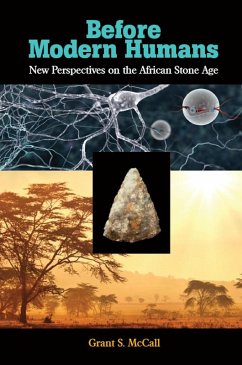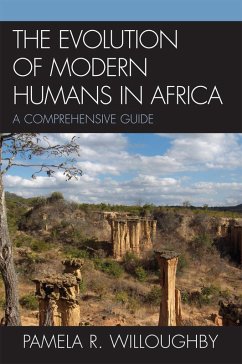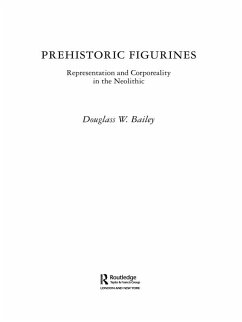
Early Humans and Their World (eBook, PDF)

PAYBACK Punkte
20 °P sammeln!
Summarizing modern research on early hominid evolution from the apes six million years ago to the emergence of modern humans, this book is the first to present a synthetic discussion of many aspects of early human life.
Dieser Download kann aus rechtlichen Gründen nur mit Rechnungsadresse in A, B, BG, CY, CZ, D, DK, EW, E, FIN, F, GR, HR, H, IRL, I, LT, L, LR, M, NL, PL, P, R, S, SLO, SK ausgeliefert werden.













